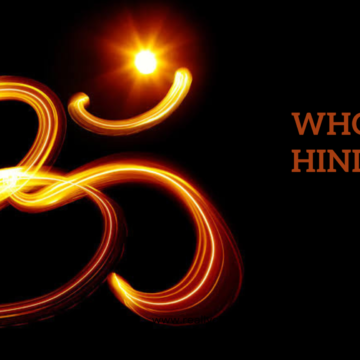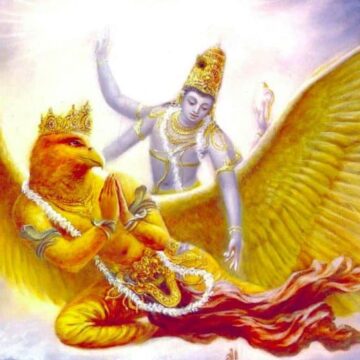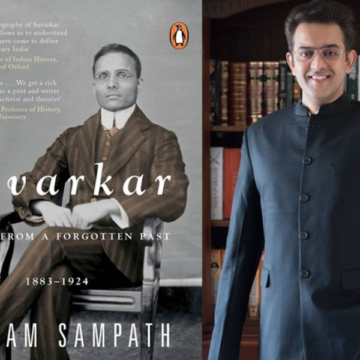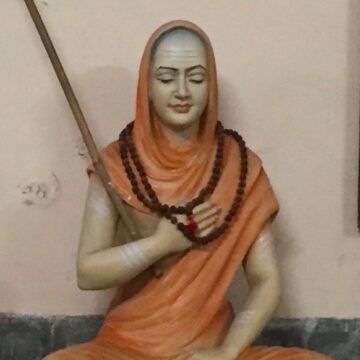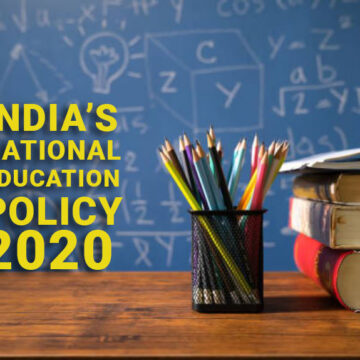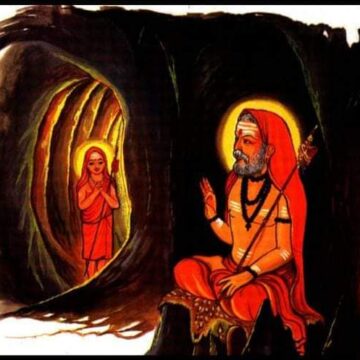Who exactly is a ‘Hindu’ and what are ‘Hinduism’ and ‘Hindutva’? Does it mean the land (geography), ancestral roots (history), or a shared culture?
Dr. Pingali Gopal tackles this proverbial bull by the horns, systematically looking at attempts to define and distinguish ‘Hinduism’ and ‘Hindutva’ by Western thought, the Indian liberal elite, and practising Hindus.
Year: <span>2023</span>
Garuda – A Unique Amalgamation of Power, Royalty, Divinity & Faith
This article, discusses Garuda, the vehicle of the mighty Vishnu; his presence and influence in iconography and symbology in Bharat and beyond.
‘Savarkar: Echoes from a Forgotten Past, 1883–1924’ – By Vikram Sampath: A Review
In this review of Dr. Vikram Sampath's book titled: "Savarkar: Echoes from a Forgotten Past, 1883–1924"; Rohan Raghav Sharma analyses and opines on Dr. Sampath's presentation of Savarkar's story, his approach towards Savarkar's sentencing and suffering; interspersed with the correct historical context.
Śaṅkara Charitam – a re-telling – Chapter -14 – Aja Bakṣiṭha Bāśyaṃ
Chapter 14 of Śaṅkara Charitam, titled Aja Bakṣiṭha Bāśyaṃ, takes us through the experience of Śaṅkara’s Guru Govinda Bhagavatpāda learning from Gauḍapāda, cursed to be in the form of Brahmarākṣasa. What happens after the lessons are over, where destiny takes each of them - Śaṅkara, his Guru Govinda Bhagavatpāda, and his Guru's Guru Gauḍapāda; will be revealed in this chapter.
JNU – Nationalism and India’s Uncivil War by Makarand Paranjape – A Review
Rohan Raghav Sharma reviews Dr. Makarand Paranjape's book titled: "JNU - Nationalism and India's Uncivil War"; while analysing the happenings in JNU that led to the events detailed in the book. He also questions Dr. Paranjape's optimism and suggestions for handling the university moving forward.
Philosophical Systems Of India – A Primer – Part 5
The problems in Western philosophical traditions arise due to many factors, mainly the confusion of the relation between mind and matter; and making philosophy subservient to scientific dogma. Indian philosophy is not a dry intellectual exercise and holds a definite purpose to propel humans into the highest realms of bliss. Indian and Western philosophical traditions run on two parallel tracks consequently.
The Flawed and Dangerous New Educational Policy (NEP)
This article discusses the principal reasons that make the New Educational Policy (NEP) dangerous for Hindus and the traditional learning systems of Bharat. It does have some good points but the negatives far outweigh the positives to the extent that they may cause total destruction of Bharat’s ethos, culture, and values in a very short time.
Philosophical Systems Of India – A Primer – Part 4
In the fourth part of the 5-part series on Indian philosophical systems, Dr. Pingali Gopal discusses the prominent Advaitic view on the notions of the Self and the non-Self. We shall also see the notion of cause and effect in the material world and how the Self interacts with the material world. It is a promise of Indian Darshanas that proper knowledge confers liberation to the striving individual.
Philosophical Systems Of India – A Primer – Part 3
In the third part of the 5-part series on Indian philosophical systems, Dr. Pingali Gopal discusses the most important differing point of Indian philosophies from Western philosophy: Perception as a valid means of obtaining knowledge regarding the objects of the senses. In Western philosophy, perception is unreliable, and in the Indian tradition, perception is the eldest of the proofs needed to understand reality.
Unlike the western notions of an unknowable noumenon where the perceived world loses its intrinsic character, in Indian philosophy a conceived object cannot be unknowable; and if unknowable, it becomes inconceivable as well.
Śaṅkara Charitam – a re-telling – Chapter-13 – At the feet of the Guru
Chapter 13 of Śaṅkara Charitam takes us through Śaṅkara’s experience with his Guru, Govinda Bhagavatpāda, the completion of his education, and Guru's blessings and final teachings for Śaṅkara to take with him in the world and tackle the thick forest of ignorance enveloping the minds of the people.
Gauḍapāda as Brahmarākṣasa finds Govinda Bhagavatpāda acceptable as a disciple, and the teaching starts atop the pipal tree in which the Brahmarākṣasa resides..........

